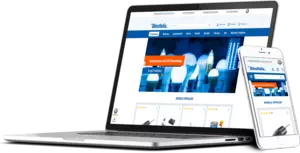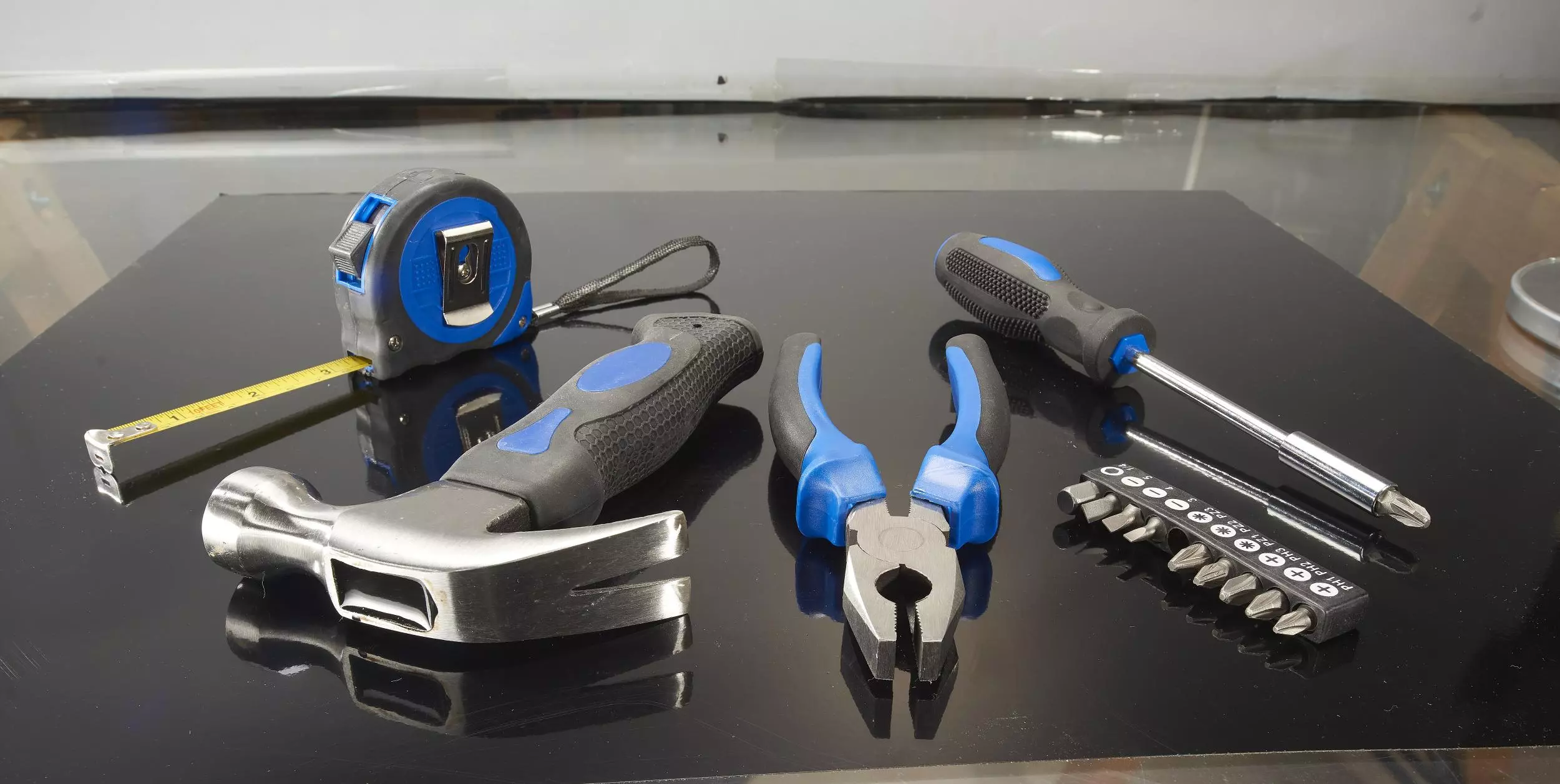Relaunch of the Westfalia Online Shop for Austria based on Shopware 6
Technical and visual relaunch based on Shopware 6
The increasing digitalization and the strong growth in the online business of the Westfalia Group put more and more emphasis on the functions and the processes of the online store. As the previous online store was only controlled as an additional order channel alongside the catalog from the merchandise management system, this was to be replaced by a flexible, central solution. In addition, the individual development was to be replaced by a solution available on the market in order to benefit from a corresponding ecosystem, especially in the area of integration and conceptual further development.
Against this background, Westfalia decided to use Shopware 6. The existing range of functions, the large ecosystem and the roadmap for further development were particularly convincing. Another plus point was the spatial proximity and thus also software "Made in Germany".
Marketing Factory designed the relaunch project as a central contact and architect, coordinated it with external partners and implemented it. Especially the know-how from more than 20 years of cooperation could be used profitably during the implementation.
The implementation of the store for Austria is the blueprint for rollouts of further country and target group stores.

| Client | Westfalia Werkzeugcompany GmbH & Co. KG |
|---|---|
Project duration | 2021–2023 |
Discover the project from the perspective of:
The standard is the basis
Shopware 6 and the connected ecosystem already offer a large amount of marketing tools. In addition, the claim of Shopware and the participating ecosystem is that new concepts will be made available quickly in the future as an extension or even as a core component - as currently (March 2023), for example, the ChatGPT integration. Ongoing marketing actions were therefore reviewed in detail and adapted to the Shopware system. The fewer special actions or marketing mechanics are integrated in the store to attract customers or increase sales, the more likely it is that new actions provided by extensions can be used. Thus, the store remains fit for the future.
Coordination of the partners
As the architect of the entire shopping platform, Marketing Factory provided the technical specifications for the development of the store for all partners. In addition to the development process and quality assurance, specifications regarding quantity structure and performance were also given and later checked. During the project we were in direct exchange with the technicians of the individual partners to find the best possible solution for the individual tasks.
Transfer and enrichment of customer data from the old shop
The relaunch of a web application must be transparent for existing users. Registering new accounts, forcing changes to existing passwords or updating bookmarks must be avoided at all costs. To enable existing customers to log in directly to the Shopware 6 store with their existing access data, these are automatically transferred from the old system when they first log in to the new store and enriched with data from the merchandise management system. The short-term result: satisfied users and fewer customer inquiries in the support team. The additional customer data, such as customer groups, also enables personalized marketing actions through Shopware's rule builder.
Using redirects for important URLs from the legacy store, customers, search engines and links from external partners are forwarded directly to the new pages.
Connection to Apollon OMN and AS-400 merchandise management system
Westfalia uses the PIM Online Media Net (OMN) from the manufacturer Apollon for data maintenance of multimedia content. A generic interface already exists for this via middleware to Shopware's REST API. Within the scope of the project, the mapping of the individual attributes and fields was coordinated with Westfalia, tested and defined in a reproducible manner within the scope of fixed test cases for automated testing.
The merchandise management system is directly connected to the Shopware 6 REST API for order and customer data by Westfalia via middleware from Lobster DATA GmbH. Marketing Factory specified the individual business transactions required and planned and checked the implementation with Westfalia. The connection thus created synchronizes order and customer data with the merchandise management system in a timely manner. Newly received orders are available in the merchandise management system within a few minutes, and a change in the status of an order (e.g. shipping notification) is fed back into the store just as quickly and displayed to the customer. By using the official API, it is possible to use the existing Shopware events and to trigger corresponding actions, such as sending an e-mail, in the event of a status change.
GDPR-compliant web analytics
The analysis of visitor flows and the evaluation of marketing campaigns are part of the daily tasks of the store's on-site team. External services such as Google Analytics are often the focus of regulatory authorities and thus there is a risk that SaaS services for evaluation are only of limited use. As an additional, GDPR-compliant system, Matomo is used for web analysis. By evaluating the pseudonymized log files, it is even possible to analyze all visits – entirely without additional user consent and without further tracking in the HTML code.
Deployment
An active web application is constantly being developed further, and there are also updates for Shopware and the extensions used. The deployment of all these components to the distributed infrastructure with multiple application servers is therefore fully automated in Gitlab. The CI/CD pipeline additionally checks the source code for compliance with coding guidelines, executability and possible security vulnerabilities. Likewise, existing unit and front-end tests are executed before a change is pushed out to the live and staging systems. With these measures, Marketing Factory reduces manual, repetitive activities and also ensures greater stability of the webshop.
Quality assurance
During the relaunch, over 20 extensions from the official Shopware Store were used, and a further 10 extensions or themes were newly created by us and by other external partners as part of the project. All extensions from the store were tested in an assessment. In addition to the pure testing of functionality, criteria such as the evaluation of the extension in the Shopware Store, performance, support by the manufacturer and the future viability of the extension were also used for evaluation.
Extensions that were created specifically for the project were subjected to a full code review by MFC to ensure security and performance.
